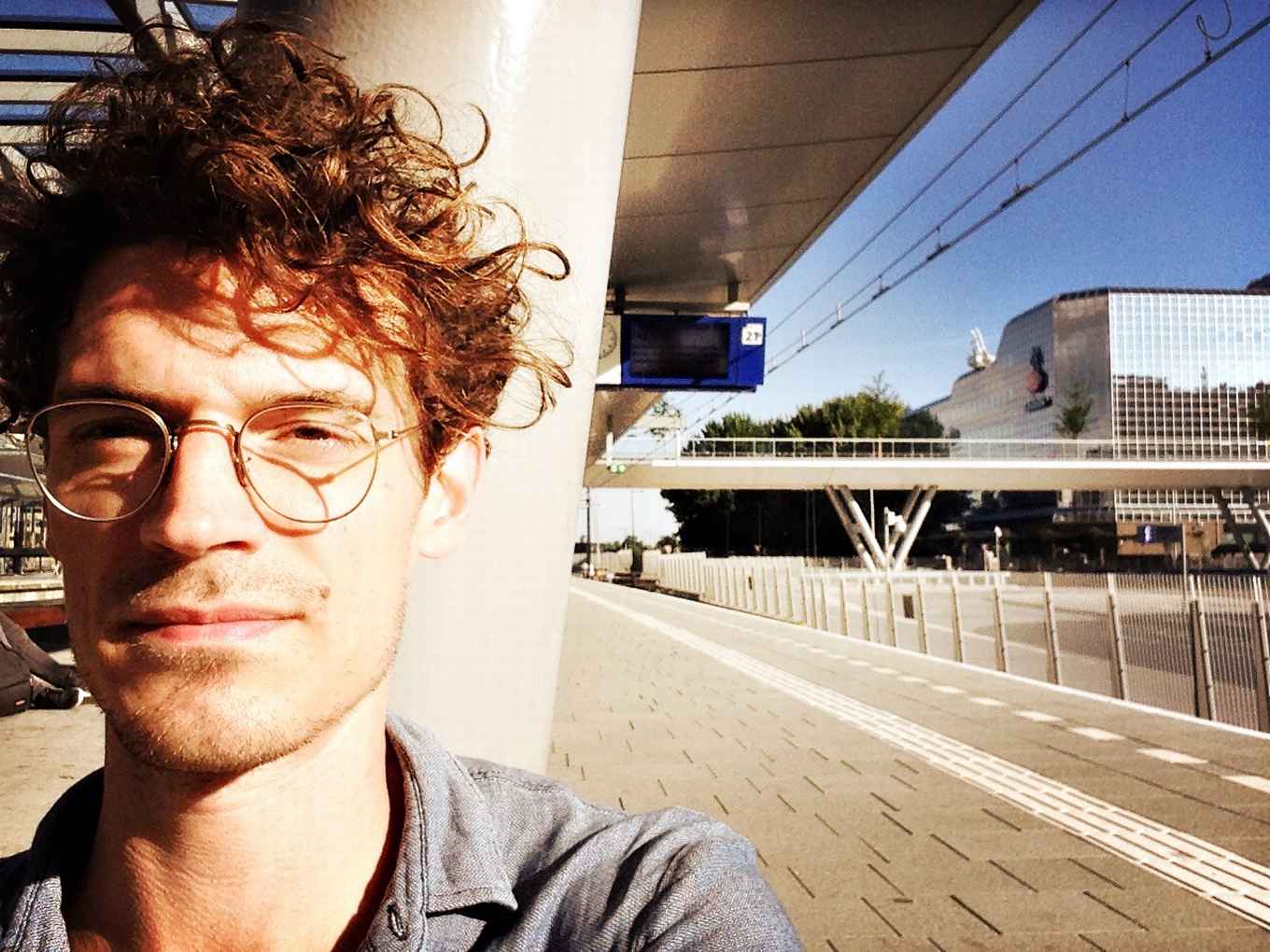Interview with Luc Coffeng about his IAS Fellowship
19 June 2019

Luc Coffeng has a background in medicine and currently works as epidemiologist and mathematical modeller at the Department of Public Health of the Erasmus MC, where he uses computational models to predict the impact of public policy on infectious disease transmission. “My passion for the work I do is largely driven by interest and creativity. I’m eager to find solutions to problems, and then create techniques and methodologies to actually address them”.
Luc’s fellowship at the IAS started with a proposal on model quantification and calibration, but his questions were answered quicker than expected. “It turned out that within a few months the work had already progressed quite far. In the meantime I had met some very interesting researchers here from other fields. We got along very well and talked about completely different topics. It inspired me to start something new.” Luc is now exploring two different domains: infectious disease transmission in social networks, and quantitative methods and modelling in psychology. About the latter: “I started discussing with co-fellow Maarten Marsman (UvA) how infectious disease modelling techniques could be used to study learning processes. In a sense, information can also be considered as something that is transmitted.”
Coffeng: “The fellowship has provided me with a couple of things. First of all, a breath of fresh air. Just being in a new environment and being surrounded by new people was really energizing and also gave my regular work at Erasmus MC a boost. I have more pleasure in my work in general and feel more inspired.”
Each fellow at the IAS is offered the opportunity to organize a “Slow Science day” to ponder all day on a topic of the fellow’s interest with a small selected group of researchers: a combination of experts in the field and some open-minded, creative thinkers that do not necessarily have a background in the area. In these days, fellows typically bring forward their open questions; the things that are not yet understood. Coffeng: “For me, it was very useful to see what people from different fields think about some of the concepts around learning, transmission and interactions, and modelling in general. This helped me formulate a new idea that I am currently translating into a research proposal.”
At the IAS interaction between fellows is stimulated in various ways. “What I really like about working at the IAS, is the way they organize and promote interaction between fellows and other people here. Lunch is provided and this is when we all sit down together, which creates good conditions for unexpected new ideas to arise.”